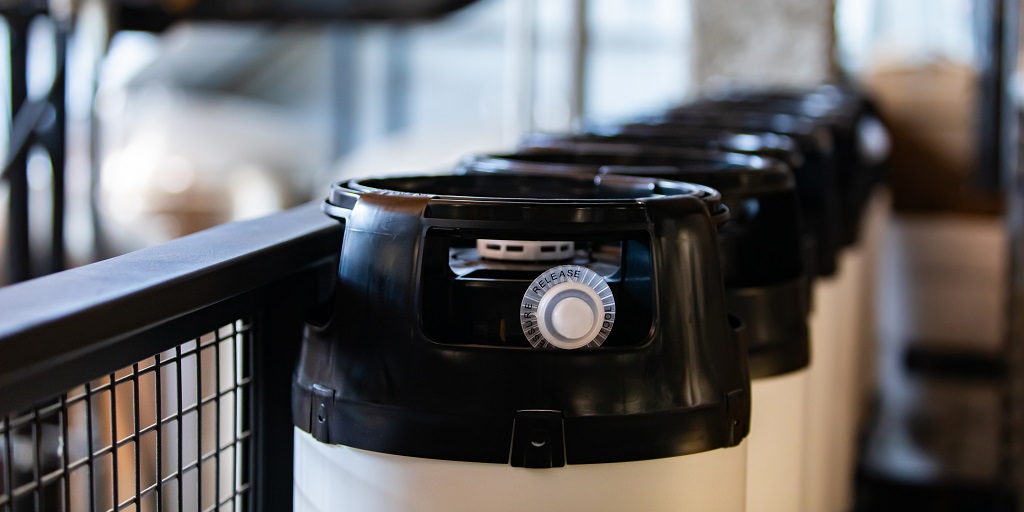
Australia’s brewers protected from CO2 shortages

CO2 shortages are hitting brewers across the world, but Australia’s breweries have been shielded from the worst of itaccording to gas supplier BOC.
There has been a sharp decline in the supply and availability of CO2 in the US due to the related decline in petroleum production, on which the production of CO2 is dependent there.
The decline led the US Brewers Association to issue a warning that experts have said available CO2 could decline by 50 per cent. As a result, beer producers there are having to race to secure available CO2 to ensure continued output levels. Data and analytics company Global Data said this may leave craft and independent brewers in the US behind as bigger brewers max out supply chains.
Australia has mirrored the fuel production trend, though that won’t impact on the supply of CO2 here.
According to the Australasian Convenience & Petroleum Marketers Association (ACAPMA) there has been a 50 per cent decline in petrol sales in all grades, and a 30 per cent drop in diesel across the country.
And while Australia’s independent brewers are also looking into alternatives for CO2 recovery and reuse in-house, recycling solutions that close the loop, they are still in the early stages.
Despite this, the Australian CO2 market is looking a lot healthier than its US counterpart. This is because the Australian and US markets work very differently in how they source CO2, according to Dyllon McPhee, strategic product manager at gas supplier BOC.
“We are well aware that other parts of the world are facing CO2 shortages due to a decline in demand for fuel and in particular, the US,” he told Brews News.
“The US is dependent on oil and fuel to source CO2, and any fluctuations in the demand for petrol will likely impact supply.
“Currently fuel production has fallen sharply due to a drop in the demand for fuel as a result of Coronavirus. This has had a direct impact on the production of CO2 in the US.”
In Australia, CO2 suppliers source the gas from a more diverse array of sources, buffering them from the impact that COVID-19 has had on certain industries.
“Australia extracts CO2 from a range of sources that are not reliant on fuel refineries,” McPhee explained.
“Primarily it’s a by-product of natural gas processing, ammonia production and ethanol fermentation.
“These are all stable sectors as ammonia production is used as a base for explosives in the mining sector and for fertiliser in the agriculture sector.”
These industries are still functioning and have not seen the declines of the petroleum sector, even if they have been similarly hampered by COVID-19 restrictions, although Australia’s CO2 has seen shortages in the past.
“From time to time Australia does experience some impact on CO2 supplies but BOC has been able to maintain supply for customers thanks to our robust supply chain and investments,” McPhee said.
He indicated that the industry had confidence in CO2 supply for breweries and did not foresee any changes in CO2 supply for brewery customers in Australia.
“At BOC, we are always monitoring market trends to forecast any changes in supply and demand. We also work closely with feed gas suppliers to minimise any potential impacts on the market that would affect our customers,” McPhee said.
“The best way [to help maintain supplies] always is for brewers to maintain good relationships with their gas suppliers and raise any concerns they may have about supply.
“Our teams maintain regular communication with customers to make sure their businesses continue running smoothly irrespective of what may be brewing!”



